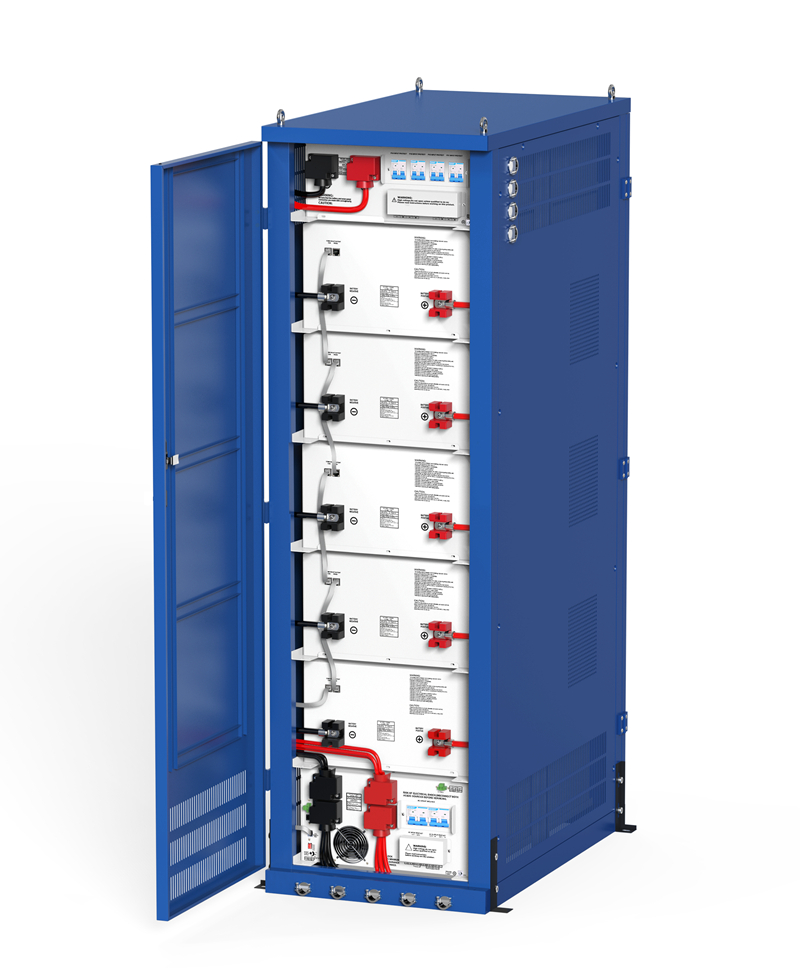Fabulous thread. DH and I have decided to look into solar. We are just beginning the education part so have a lot to learn.
We're in the SF Bay Area with plenty of sun (summer anyways) and extremely high rates. Sunrun is coming out Friday to give us their spiel. I'm putting together a list of questions and with 3 years of PG&E bills, a very detailed spreadsheet to 'verify' their cost savings claims

. We'll be looking at both panels only as well as battery backup.
My first question(s) to you all:
1. Is Sunrun a good/decent company and what are some other good companies as well as companies to avoid?
2. As we just purchased an EV and will be charging at home, what's a good monthly use to calculate? We just purchased the car so don't have good feel. We drive the car about 6K miles/year. I'm sure they will overestimate our savings here. I'm thinking max at $50/month at 0.425c/kWh for off-peak (we're on a 'time-of-use' rate plan) charging.
Many thanks for your input.

